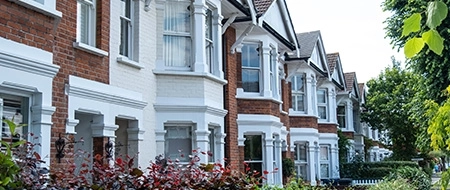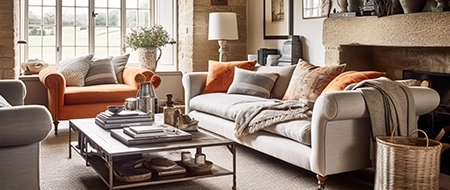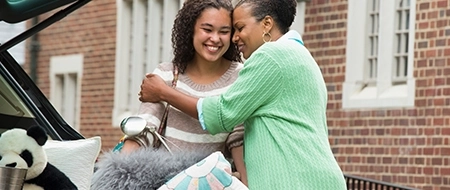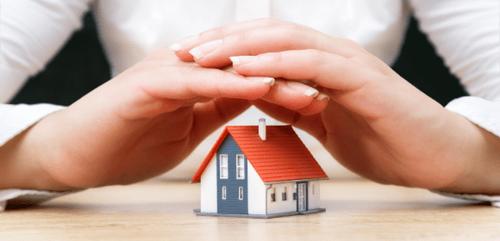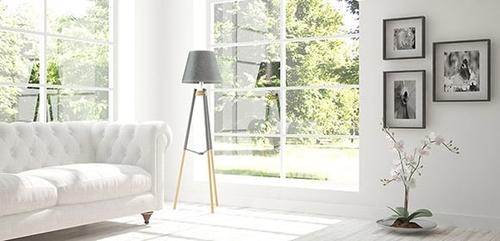Q. How much buildings cover do I need?
RAC will cover your home for the rebuild value as you won’t have to buy the land again, so the cost of rebuilding is usually lower than its overall value. This should include the cost of any fittings such as bathroom and kitchen units, the Association of British Insurers have a free calculator that allows you to login in and answer questions based on house size and number of rooms to provide a good estimate.
Q. What isn’t covered by buildings insurance?
While we aim to make our buildings insurance as comprehensive as possible there are a number of aspects that are not covered within the policy, such as:
- General wear and tear
- Pollution
- Damage caused by insects and vermin
You will also not be covered if you have caused the damage yourself – such as DIY disasters – unless you add accidental damage cover to your policy.
Q. What cover do I need as a landlord?
Although we can’t offer cover for damage caused by tenants, as the owner of a property you may still want to protect your property against fire, theft or flood damage with a buildings insurance policy. It is your tenant’s responsibility to buy contents cover to protect anything they may bring to the property.
Q. Does buildings insurance apply to me if I rent?
Your landlord will be responsible for the maintenance of the building, as well as ensuring the property is properly protected with buildings insurance cover.
As a tenant, you’re responsible for any contents inside the property that you own. If anything were to happen to your possessions, you would be liable for the cost of replacing them if you didn't have a contents insurance policy. If you rented a furnished property, it is also the landlord’s responsibility to ensure his furniture is insured adequately.

